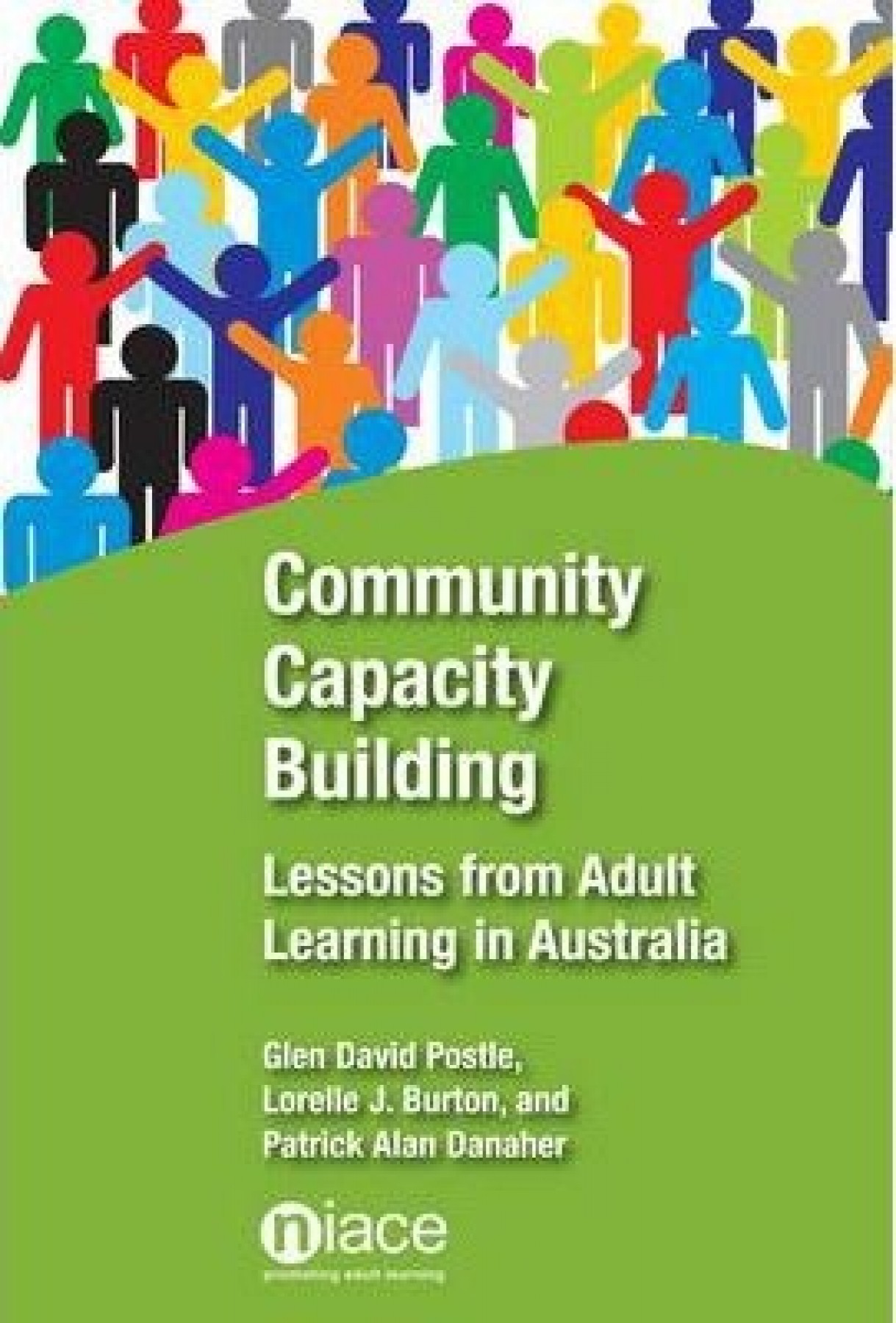Community Capacity Building recalls the Community for Community (C4C) partnership between the University of Southern Queensland and the communities in Toowoomba, Australia, as well as focusing on capacity building and university engagement.
Community initiatives bring a cohesive nature back to communities and improve social issues, the book says. Divided into three sections, the text discusses perspectives related to universities and their place in community capacity building. The second section outlines seven case studies of the C4C initiatives, demonstrating the success of the collaborative projects. The third section elaborates on issues within the case studies and implications of future development.
This text is collaboratively written by university academics and community members working together, and has a strong academic focus with many references to theory and discussions from the community development arena.
Two specific community initiatives are closely explored: the Older Men’s Network, a self-help group for older men at risk, and the Flexi School, which brings alienated youth back into social connection, alongside other related projects. It is this section of the book that brings life to the initiatives through the narratives of those concerned.
The book emphasises that community capacity building takes time and is based on open, trusting relationships, and gives guidance about what's been learnt in relation to these aspects.
Community Capacity Building is an important contribution to the dialogue regarding community development. But note the text is academic; it takes some concentration and focus to digest its density, but its messages are of significance.
For anyone wanting to gain a greater understanding of the complex nature of community capacity building and to have some models for establishing successful community capacity development projects, this book will provide that guidance.
Review by Juliana Korzon
Julia is a Senior Lecturer in mental health studies and a programme coordinator at Whitireia Polytechnic, working primarily with mental health and addiction nurses in their first year of nursing practice and training Department of Corrections nurses in primary mental healthcare.
I Need Help Now
Help for you or someone important to you
More

